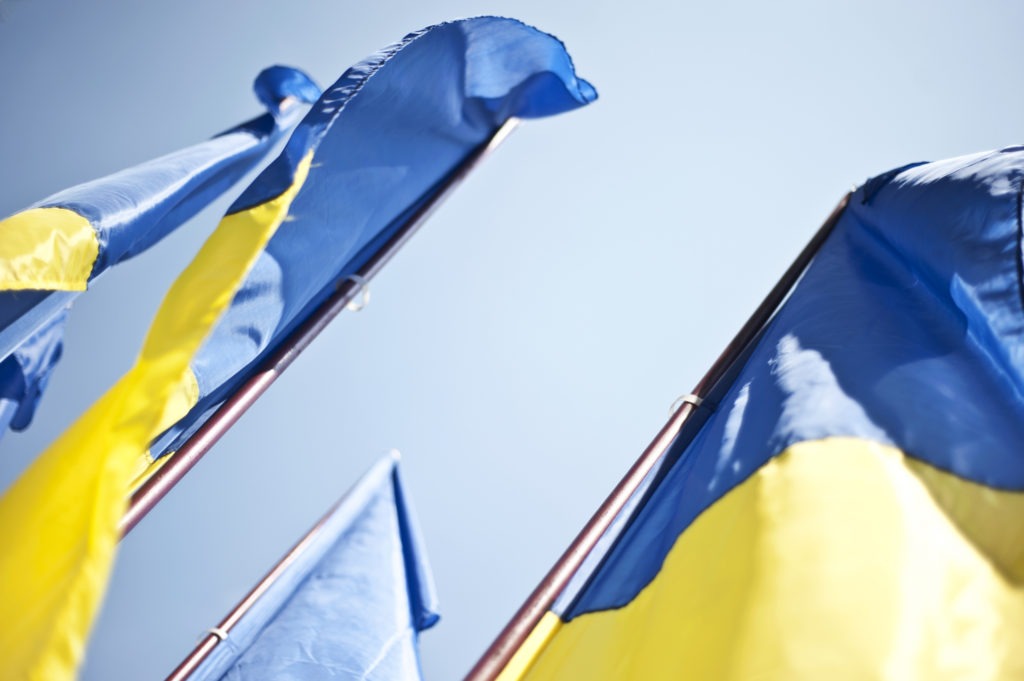Automotive industry grapples with disruption in Ukraine crisis
01 March 2022

Russia’s invasion of Ukraine is adding further disruption to the automotive industry, with several carmakers announcing plans to suspend or halt production – among them, Skoda. The Czech manufacturer said it was dismayed by the military attack on Ukraine.
The company has a car-manufacturing plant in Solomonovo, Ukraine, where it produces the Fabia, Superb, Karoq and Kodiaq, specifically for the local market. Manufacturing at the plant has been suspended. The brand relies on suppliers from western Ukraine, with the war interrupting car production.
Critical shortages
‘Due to the current situation in this region, the supply chain may be disrupted. This may lead to adjustments in the production programmes in the individual plants of the group. Skoda Auto is facing a critical shortage of parts supplies from several local suppliers, which is having an impact on some of our models. That is why we are forced to cut production on the Enyaq iV starting this week,’ the company said.
Skoda is expecting a drop in sales in Ukraine and Russia, which could have a significant impact on the company’s financials. The Russian market is the second-largest for Skoda, where it delivered a total of 90,400 vehicles in 2021. By comparison, Skoda typically sells around 6,000 cars a year in Ukraine.
At its manufacturing sites in Russia, car production is still running, but Skoda warned it was assessing the situation on an ongoing basis and braces itself for supply-chain issues. ‘The sales strategy in Russia and Ukraine is currently the subject of intensive discussions. Sales in both countries can be expected to fall in view of recent developments,’ Skoda said.
Business comes to a halt
Since Russia’s attack on Ukraine last week, more carmakers and automotive suppliers have issued their concern. Reuters reports that Japanese OEM Mitsubishi Motors could suspend the production and sale of its vehicles in Russia because of economic sanctions that may lead to supply-chain disruptions. When contacted by Autovista24, the company declined to comment.
Meanwhile, the manufacturer’s Japanese rival Toyota has been the target of a cyber-attack, with the company saying it would restart domestic production on 2 March. Toyota suspended operations in Japan on 1 March, citing a system failure that has sparked further worries. The carmaker did not provide additional information as to who was behind the disruption. However, the news was announced after Japan joined Western countries in imposing economic sanctions on Russia – at this stage, it is unclear whether the attack is related to these measures.
Ripple effect
The invasion of Ukraine is having a wider effect across the automotive sector worldwide, also hitting suppliers. In Europe, German automotive supplier ZF Friedrichshafen has stopped all deliveries to Russia, with the company analysing the implementation of the international sanctions in a task force. The business operates a joint venture, dubbed ZF Kama, which it runs with Russia’s largest truck manufacturer Kamaz. Daimler Truck has already suspended all cooperation with the Russian truckmaker. A spokesperson of ZF was unavailable to comment when contacted by Autovista24.
South Korea’s Hyundai Motor will also suspend its assembly plant in St. Petersburg from 1-5 March due to supply-chain interruptions, according to Russian news agency Interfax. Resumption of the plant is expected on 9 March. Autovista24 approached Hyundai for comment, however, the company did not respond prior to the publication of this article. The carmaker first opened its Russian plant in 2010.
Elsewhere in the world, US-based General Motors said it would suspend all vehicle exports to Russia until further notice. The carmaker does not operate plants in Russia, which is not a major market for the group as it only sells around 3,000 vehicles there per year. It said external factors, including supply-chain disruptions that are beyond the company’s control, have contributed to the company’s decision.
To find out how the invasion of Ukraine could further impact the automotive industry, listen to the Autovista24 special podcast.



